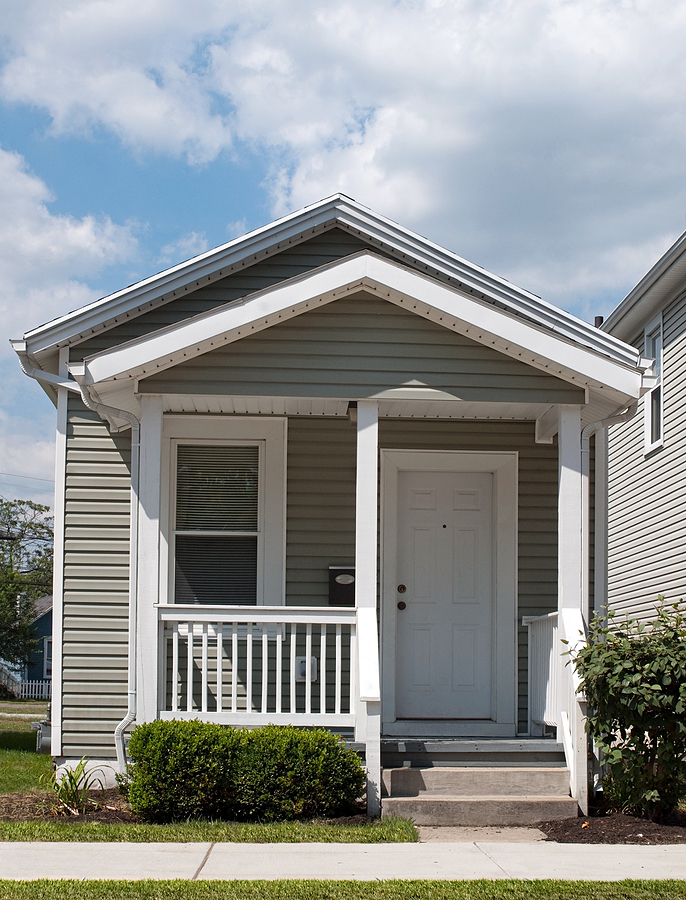The Unspoken Rules of Hard Money: What No Lender Will Tell You (But Every Borrower Should Know)
November 3, 2025
Everyone in hard money lending talks about numbers, rates, LTVs, ARVs, and DSCRs. But the real veterans of this business know something most newcomers don’t: the math is the easy part. The hard part is the human side, the silent codes, reputations, and instincts that actually decide who gets funded and who gets ghosted.
In a business built on speed and risk, the best deals don’t go to the borrowers who shout the loudest or the lenders who advertise the lowest rate. They go to the ones who know the unspoken rules, the ones rarely written in any term sheet.
Here are those rules, spoken plainly.
1. The First Call Isn’t About the Deal, It’s About You
Every borrower thinks the lender is evaluating their property. They’re not, they’re evaluating you.
The first conversation is a soft background check. How do you talk about your project? How quickly do you answer emails? Are your documents organized, or are you scrambling to find them while on the call?
Private lenders fund people, not spreadsheets. If you sound prepared, confident, and concise, you’ve already lowered your perceived risk and maybe your rate. But if you sound chaotic, uncertain, or desperate for cash, even the best deal in the world starts looking like a liability.
Hard money is built on personality underwriting. The way you communicate is as important as your credit score.
2. “Fast” Is a Sales Word, Not a Guarantee
Every lender claims they can close in five days. Most can’t.
In truth, “speed” is a marketing word, not a metric. What really matters is precision. A sloppy five-day close that misses title defects, lien payoffs, or insurance binders isn’t fast, it’s dangerous.
A disciplined lender would rather take an extra two days to close cleanly than push through a funding mistake that comes back to haunt everyone. The best borrowers understand this balance. They don’t chase the fastest lender, they work with the most consistent one.
3. The Hardest Money Isn’t Always the Most Expensive
New investors panic when they hear double-digit rates. Seasoned ones know better.
A 12 percent loan that actually funds on time can make you money. An 8 percent loan that never materializes can ruin your deal.
The real cost of money is opportunity. The faster you can buy, build, and exit, the more valuable capital becomes. That’s why the smartest investors think in net return, not nominal rate.
Hard money isn’t cheap because it’s risky. It’s expensive because it’s fast, flexible, and often the only path between you and your profit.
4. The Best Borrowers Aren’t the Flashiest
Walk into any networking event and you’ll find two types of investors: the loud ones and the ones quietly writing checks.
The best borrowers aren’t flexing on social media or name-dropping lenders. They’re the ones with detailed budgets, clean HUDs, and a quiet record of successful exits. They track timelines, permits, and draw schedules the way a pilot tracks fuel.
The louder a borrower talks about “making a killing,” the more cautious a good lender becomes. The professionals don’t pitch, they present.
5. Private Capital Is a Relationship, Not a Transaction
Hard money loans are short-term. The relationships behind them shouldn’t be.
Every lender keeps a mental list of borrowers they trust, the ones who communicate, pay on time, and stay transparent when problems arise. Those are the people who never struggle for funding, even when markets tighten.
Every time you request a draw, respond to an email, or send an update, you’re building or burning that relationship. Good communication compounds like interest, and so does bad communication.
This is a people business disguised as finance. Treat every deal like a partnership, not a one-off transaction.
6. The Market Has a Short Memory but a Long Record
Reputation travels faster than term sheets.
A sloppy close in Austin will reach Dallas by Friday. A borrower who defaulted in Denver will find every lender in Phoenix already knows. Word moves quietly but efficiently in this industry.
The top investors protect their name like an asset because it is one. In a world where money is private and risk is personal, your reputation is your collateral.
7. The New Era of Hard Money Is About Trust, Not Just Leverage
Tech-driven capital has changed the industry. Algorithms now pre-underwrite deals in seconds, scan comps automatically, and flag anomalies faster than any human could. But algorithms can’t measure character.
Private money still moves at the speed of trust. The handshake still matters. The reputation still matters. And the moment you stop treating people like partners and start treating them like obstacles, the funding dries up.
The future of hard money won’t be determined by who has the fanciest portal or slickest software. It will be decided by who still knows how to pick up the phone, look someone in the eye, and say, “Let’s get this done.”
8. The Golden Rule of Private Lending: Character Compounds
Hard money doesn’t reward perfection, it rewards integrity.
Deals fall apart. Contractors vanish. Appraisals disappoint. What lenders remember is how borrowers handle it. If you own mistakes, communicate early, and protect the capital, you’ll always find money. If you vanish or spin stories, your name ends up on a quiet blacklist you’ll never see but will always feel.
That’s the hidden ledger of the industry, not the one on the balance sheet, but the one that decides whether your next deal gets funded or ghosted.
Final Thought: The Smart Money Plays the Long Game
In real estate investing, everyone talks about leverage. Few talk about longevity. The difference between those who survive and those who vanish isn’t access to capital, it’s understanding the culture of it.
Hard money isn’t really hard. It’s earned.
Earn trust. Earn consistency. Earn the right to pick up the phone and get funded with one conversation. That’s where the real money is made, not in the rate sheet, but in the respect.











